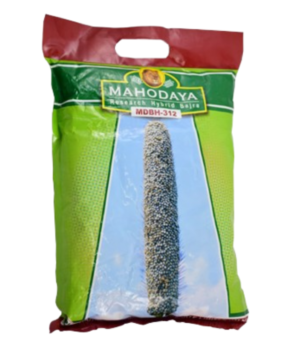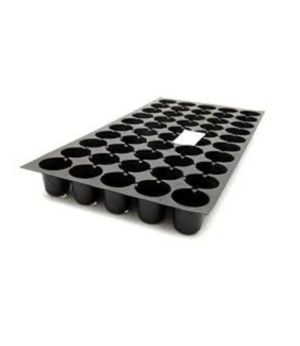There are several insects that are beneficial for farming and can play a positive role in agricultural ecosystems.
Bees : Bees are essential pollinators and are crucial for the reproduction of many flowering plants, including crops. They help increase crop yields and promote biodiversity.
Ladybugs: Ladybugs, also known as ladybirds or lady beetles, are beneficial predators that feed on aphids, mites, and other pests that can damage crops. They are often used as a natural form of pest control.
Lacewings: Lacewings are predatory insects that feed on aphids, caterpillars, and other soft-bodied pests. They are particularly effective in controlling aphid populations and can be introduced into crops as a biological control agent.
Praying mantises: Praying mantises are voracious predators that feed on a variety of insects, including pests such as aphids, flies, and caterpillars. They can be beneficial in reducing pest populations in gardens and farms.
Hoverflies: Hoverflies, also known as flower flies, are important pollinators and their larvae feed on aphids, thrips, and other small insects. They are beneficial in controlling pest populations and are attracted to a wide range of flowering plants.
Ground beetles: Ground beetles are nocturnal predators that consume a variety of pests such as slugs, snails, caterpillars, and weed seeds. They help control pests and contribute to maintaining a balanced ecosystem in agricultural areas.
It’s important to note that while these insects are beneficial, they may not completely eliminate pest problems on their own.


















